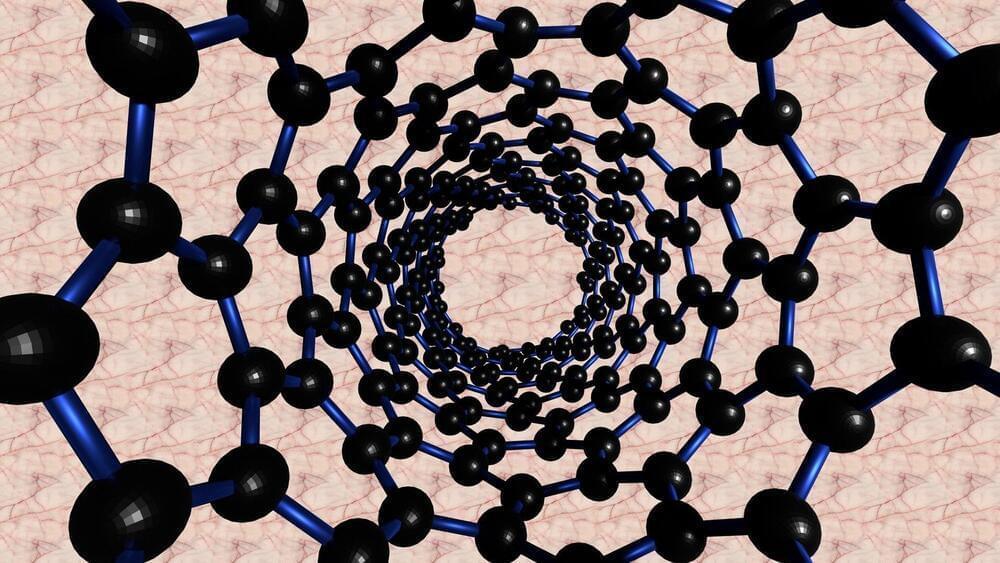A new study, published in Nature Nanotechnology, may offer a strategy that mitigates negative side effects associated with intravenous injection of nanoparticles commonly used in medicine.
“Nanotechnology’s main advantage over conventional medical treatments is its ability to more precisely target tissues, such as cancer cells targeted by chemotherapy. However, when nanoparticles are injected, they can activate part of the immune system called complement,” said senior author Dmitri Simberg, Ph.D., professor of Nanomedicine and Nanosafety at the University of Colorado Skaggs School of Pharmacy on the University of Colorado Anschutz Medical Campus.
Complement is a group of proteins in the immune system that recognize and neutralize bacteria and viruses, including nanoparticles which are foreign to the body. As a result, nanoparticles are attacked by immune cells triggering side effects that include shortness of breath, elevated heart rate, fever, hypotension, and, in rare cases, anaphylactic shock.









Comments are closed.